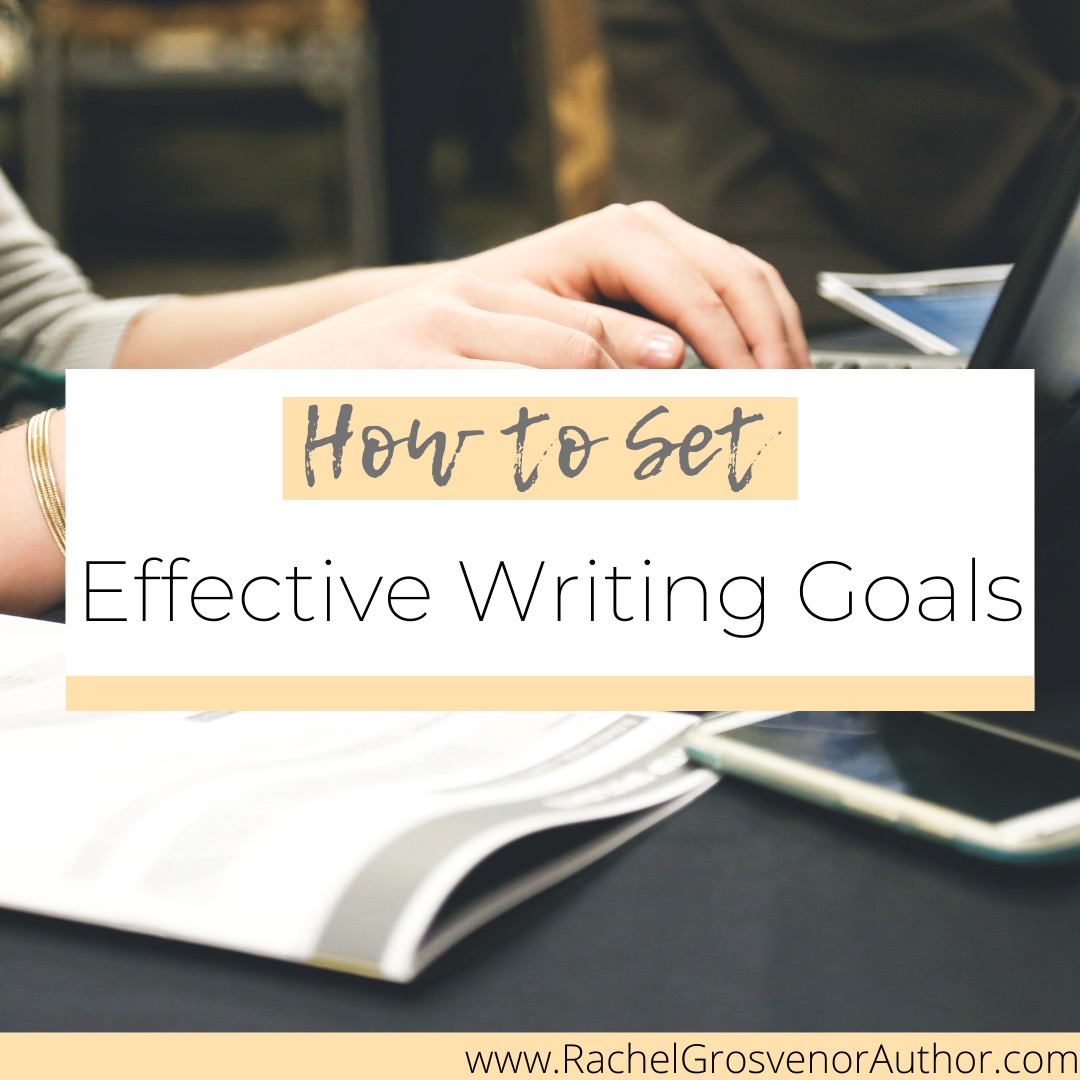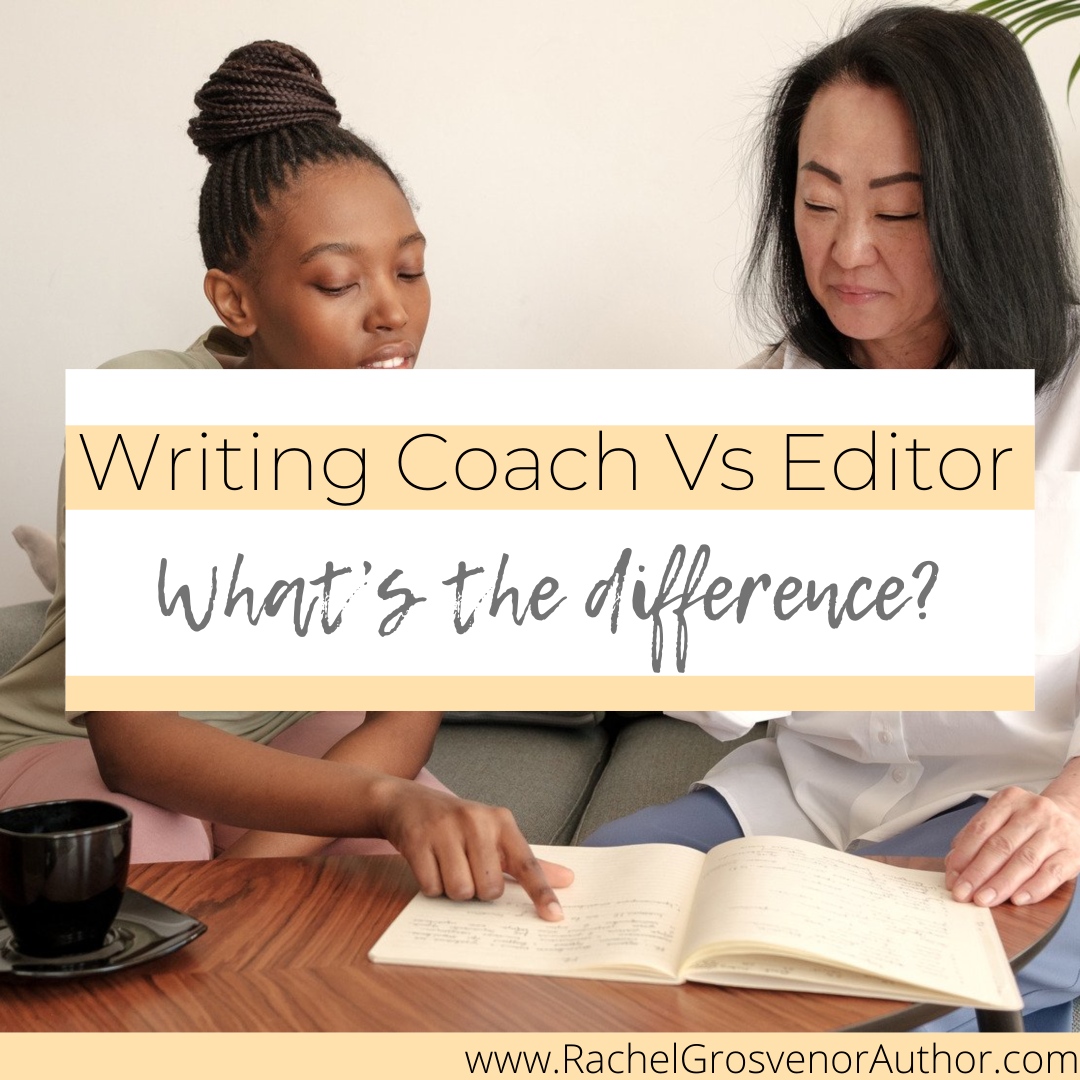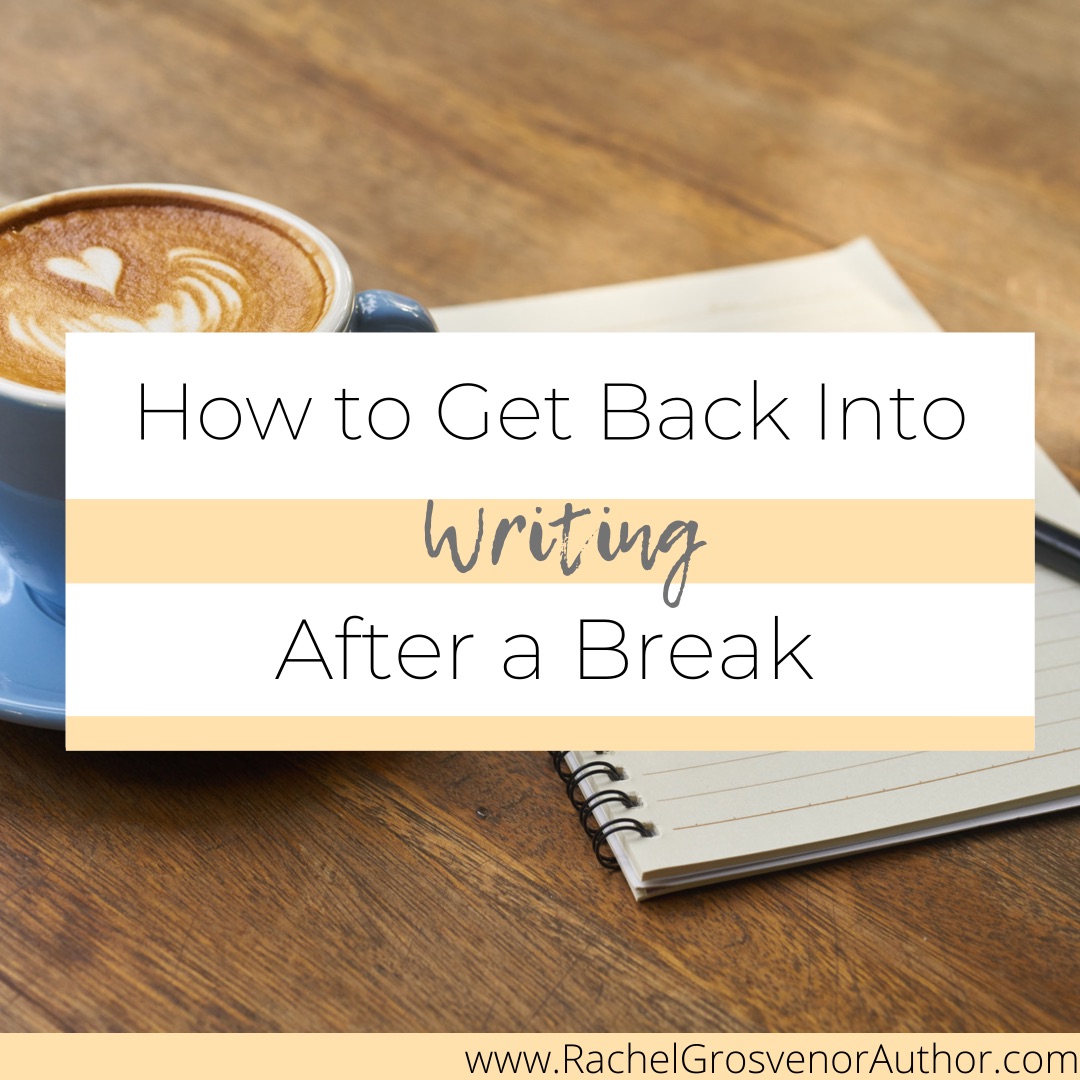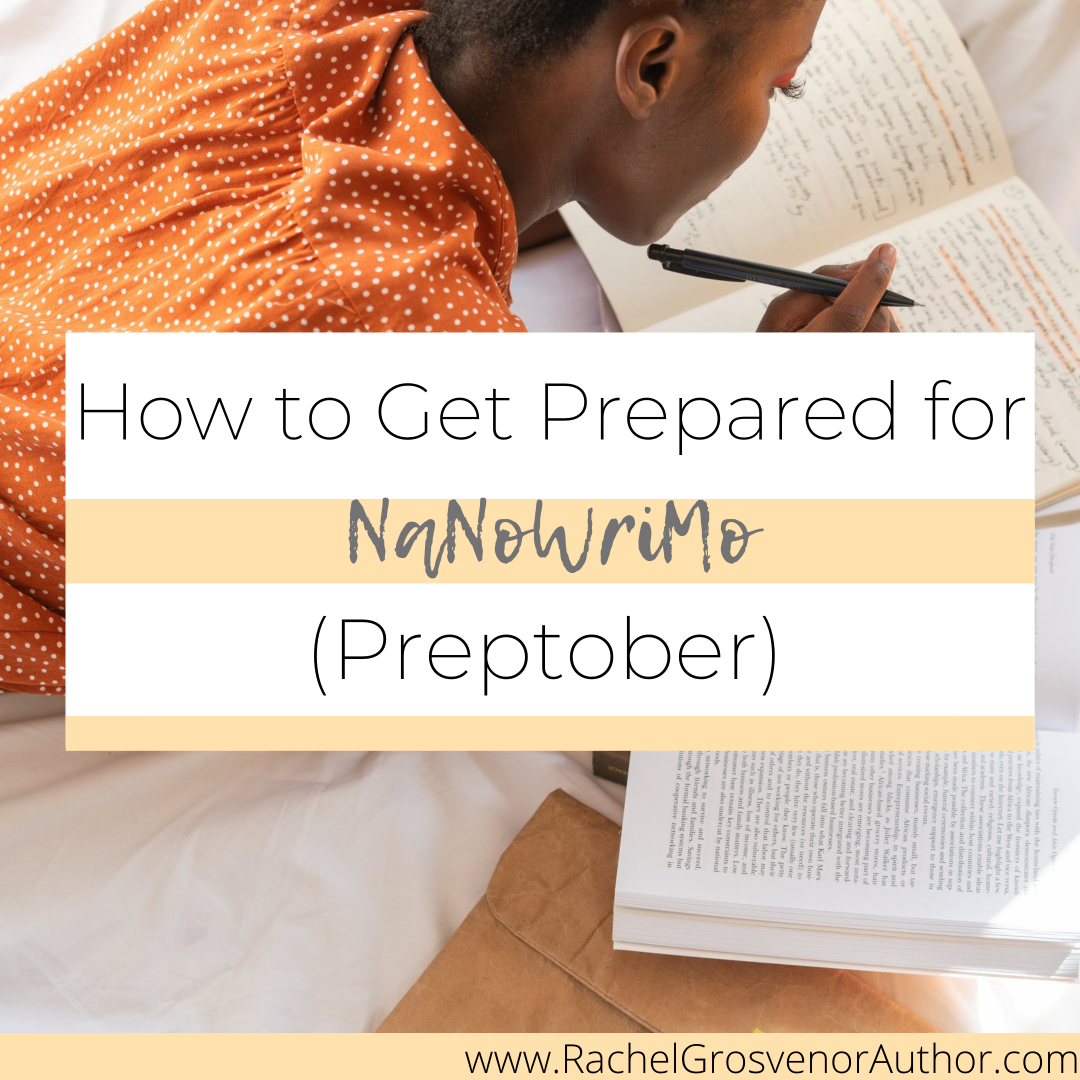Do you ever feel that you set goals but struggle to move them beyond the act of writing them down? If so, this is the blog post for you.
Setting effective writing goals is the key to moving forward in our writing lives and achieving those literary dreams. So, let’s break it down together.
Specifically define success.
What is the goal? If you want to write a novel, ask yourself what the endpoint is. If it’s to publish the work and promote it, the goal doesn’t just end at writing the novel. Being specific about what success will mean for you is key.
Understand the actions involved.
Yes, we can write down ‘Write a novel’, or ‘Publish’, but that doesn’t really tell us what is involved in the act, and so can mean that success will be harder to reach. To set an effective writing goal, break down the actions that are involved in the task.
- How will you achieve your set goals?
- What is involved in writing a novel?
- What will you need to learn to publish?
- Will you hire an editor?
There are lots of questions to consider. If you need a hand with this bit, don’t be afraid to get in touch and ask for help!
Set a Timeline.
Once you know what is involved in your writing goal, you can set a realistic timeline for the process. Be generous and realistic. If you need help with planning your writing week, check this post out here!
Remind yourself.
It’s time to set up that writing habit. Look at your calendar and slot in those actions, setting reminders to help you remember to do the work. If you struggle with finding the time, The Time to Write Workbook can take you through the process. It’s an investment in yourself for the price of a cup of coffee!
Get to work.
Once those effective writing goals are set, the only thing left to do is take action. Getting to work on your goals can be made much easier by setting rewards for each task and keeping that final stage in mind.
If you’re looking for some further help, why not take a look at my Novel Writing Masterclass – It’s Time to Write Your Novel. This course takes you from idea to publication and will make setting those goals so much easier.
What writing goals do you have? Let me know – I would love to help you achieve them!
Found this blog post useful? Share it with another writer.
Want to read something similar? Check these out:
The Time Blocking Tools That Can Help You Write Your Novel
Tips and Tricks for Dealing With Procrastination
Ten Tips For Planning Your Writing Week









